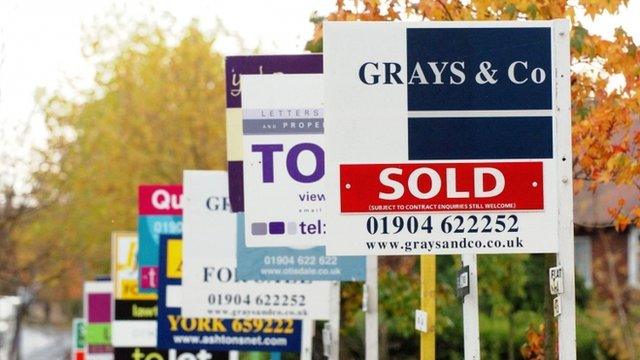Labour to protect low and middle earners in mansion tax
- Published
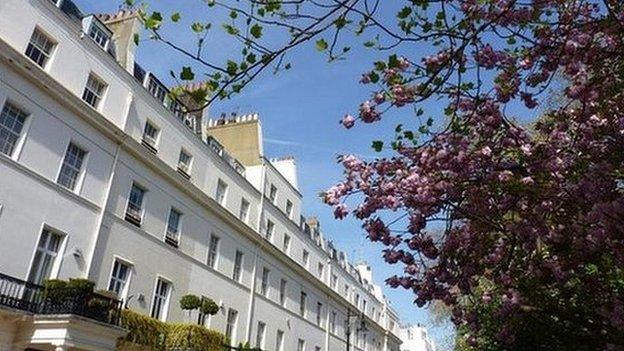
Houses worth more than £5m could pay considerably more under Labour's plans
People who are "asset rich but cash poor" will be treated fairly under Labour's proposed mansion tax, Shadow Chancellor Ed Balls has insisted.
Those with properties worth more than £2m but on modest incomes could be entitled for relief or be able to defer their payments under Labour's plans.
Homes valued at more than £5m could also be taxed at a higher rate, Mr Balls told the Evening Standard., external
The Lib Dems also back a mansion tax but the Conservatives oppose it.
Labour has said it will use the proceeds of an annual tax on properties worth in excess of £2m to re-introduce the 10p starting rate of income tax scrapped by Gordon Brown in 2009.
But the opposition has indicated that is prepared to refine its plans amid concerns that spiralling house prices in London and the South East will swell the number of homeowners caught by the tax.
Mr Balls said the threshold at which the tax would kick in should rise every year in line with the average increase in house prices rather than the rate of inflation.
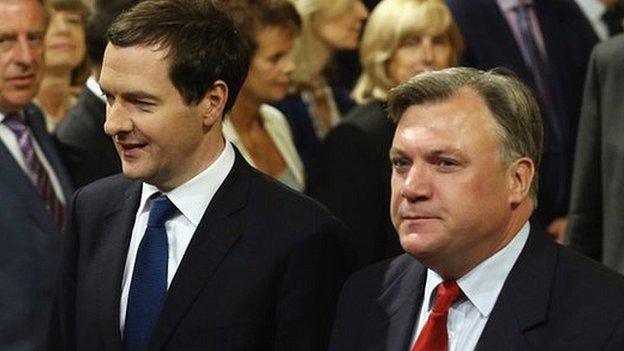
Ed Balls and George Osborne have very different views on a mansion tax
This, he told the newspaper, would prevent "more modest properties" being liable for the tax.
He also hinted that Labour would seek to protect people on modest incomes whose properties have soared in value as part of a general spike in prices in the area they live.
"Labour will only support a mansion tax that is fair to those who are asset rich but cash poor," he said. "We will look at a relief scheme or allowing those on modest incomes to defer payment until the property is sold."
'Fairness test'
Before the 2010 general election, the Lib Dems proposed the idea of a 1% levy on properties above £2m.
But Labour said this approach "failed" the twin tests of fairness and simplicity and it was considering a series of wide price bands to avoid the need for detailed annual valuations.
It said the government was using different bands - £2m to £5m, £5m to £10m, £10m to £20m and more than £20m - for its tax on properties bought through companies and corporate vehicles.
Mr Balls added: "The tax must be progressive so that those with properties worth tens of millions of pounds make a significantly bigger contribution than those in houses just above the limit."
In his interview, Mr Balls also warned that a "premature" rises in interest rates will have an impact on millions of families across the UK who are "already struggling to make ends meet".
Chancellor George Osborne has said interest rates are a matter for the independent Bank of England and that its governor Mark Carney has made clear that levels of borrowing could start to rise from their unprecedentedly low level of 0.5% as the economic recovery gathers pace.
The Conservatives have rejected a mansion tax as an attack on aspiration but have said they have taken action to curb loopholes in property taxation, including on corporate and offshore transactions, while increasing stamp duty on property sales above £2m.
- Published14 April 2014
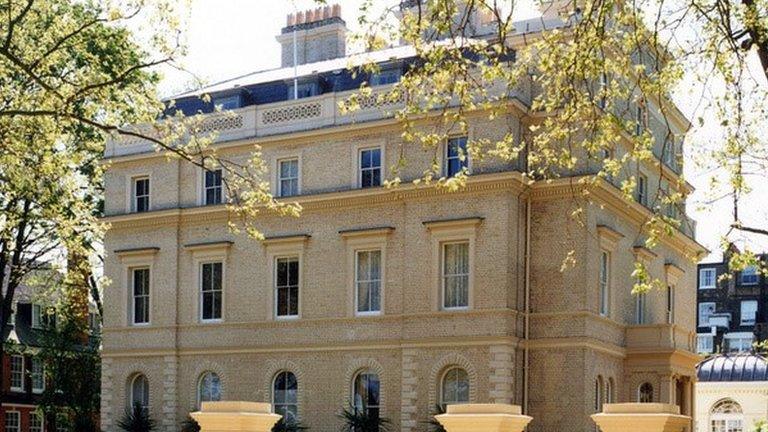
- Published29 September 2013
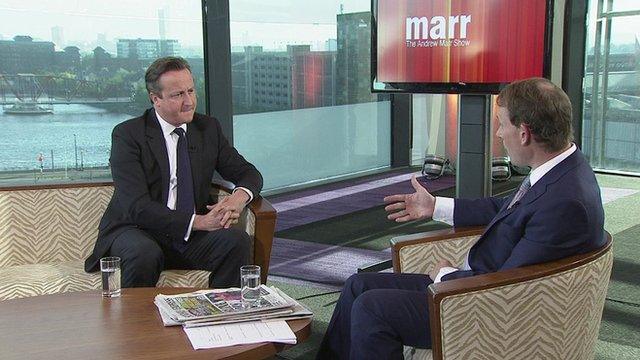
- Published12 March 2013
